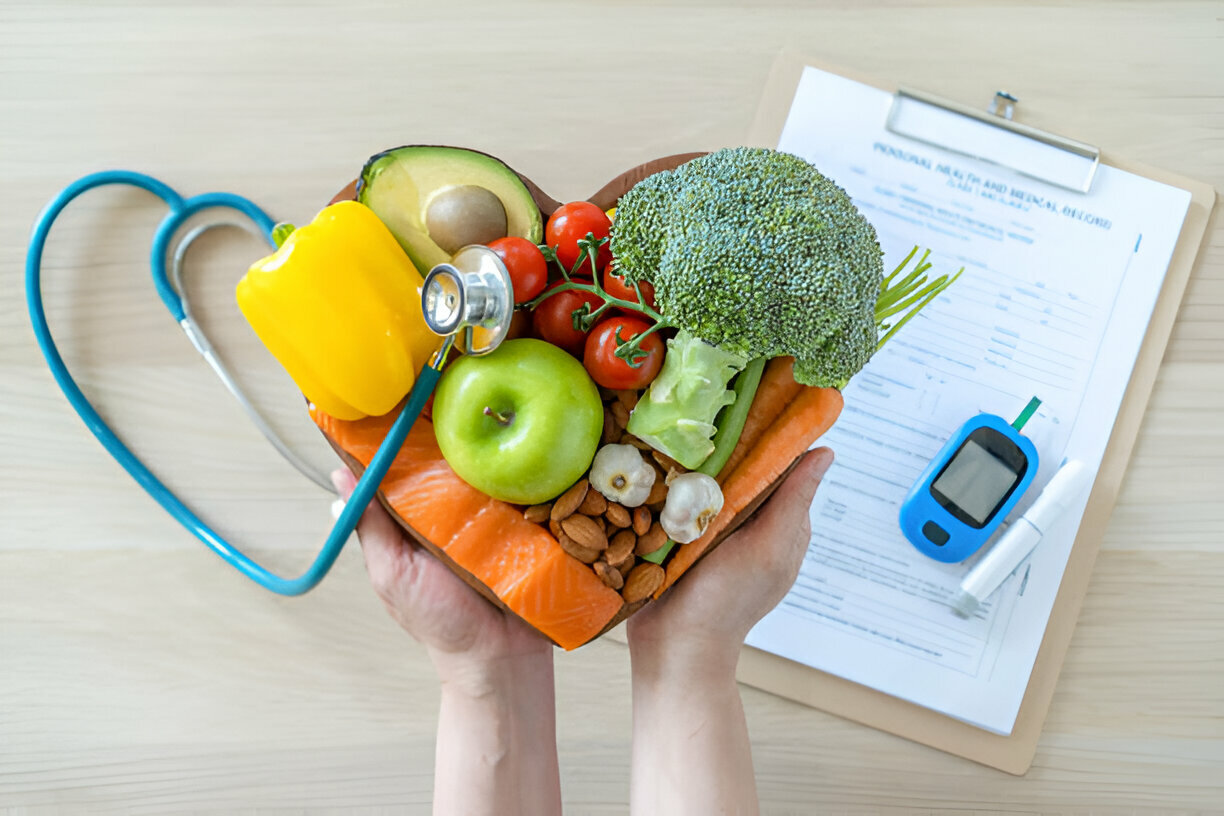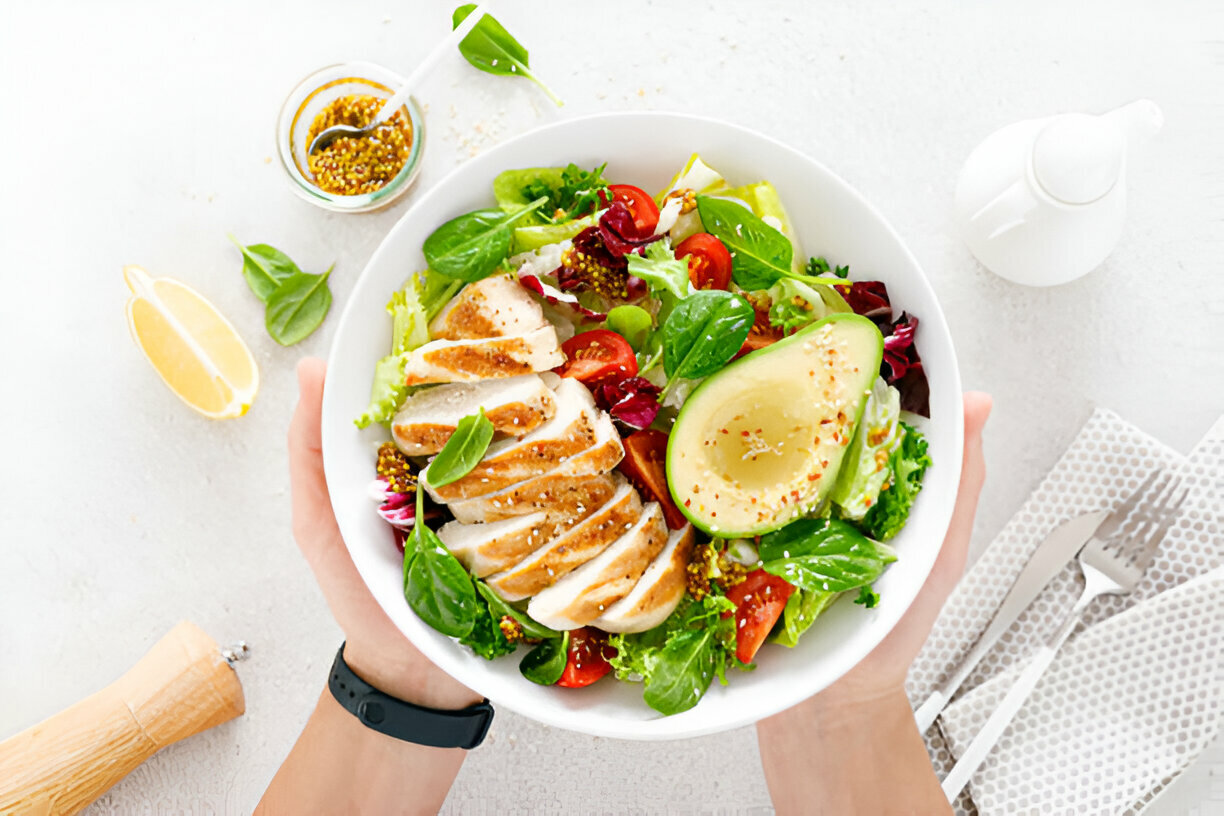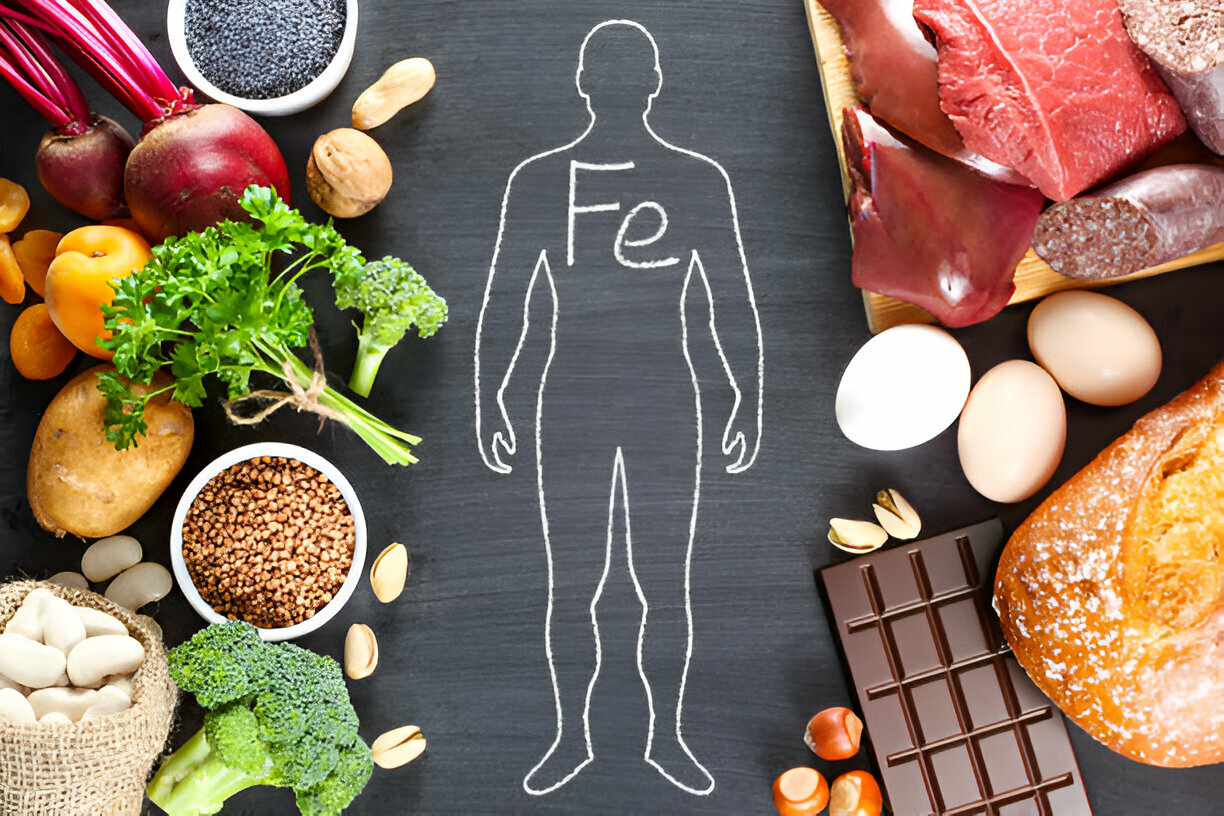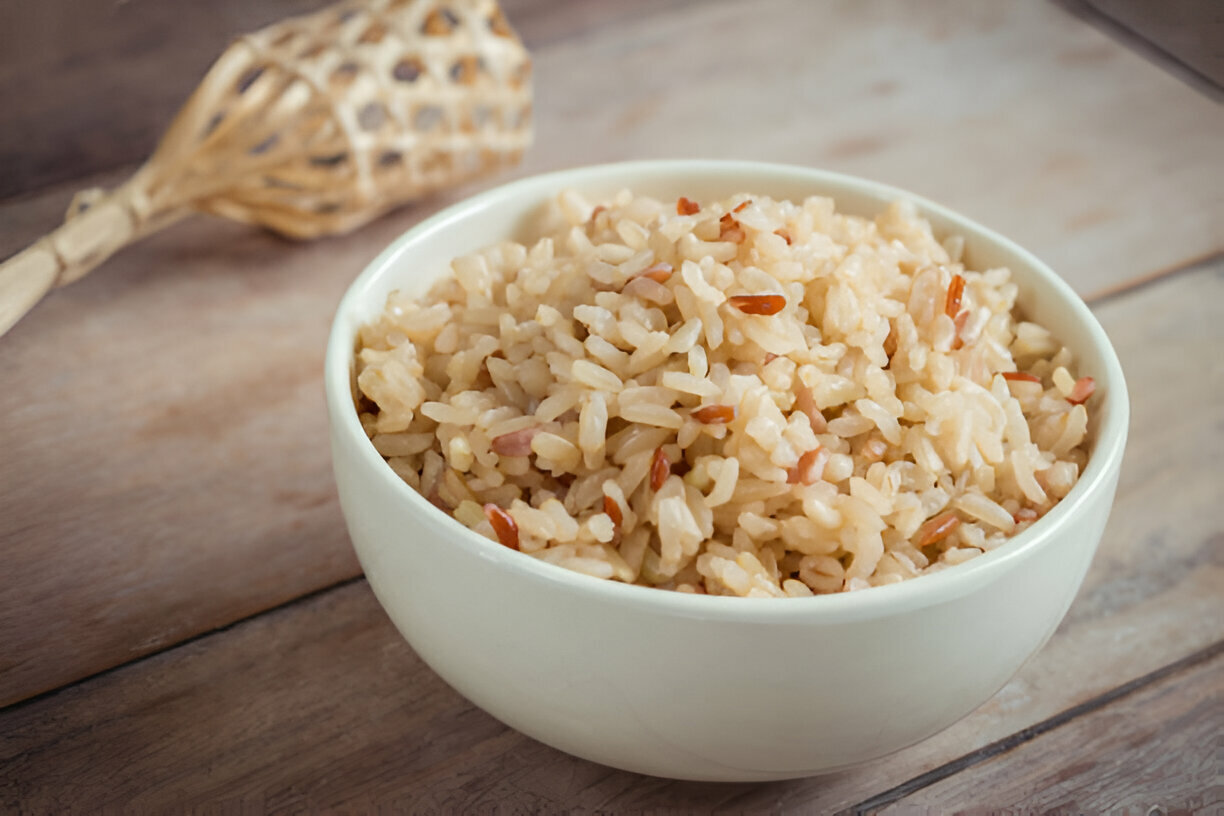When I first started college, I was overwhelmed. Between late-night study sessions, early morning classes, and a tight budget, my diet was the last thing on my mind. I survived on instant noodles, energy drinks, and whatever snacks I could grab between lectures. But after a few months, I noticed my energy levels plummeting, my focus fading, and my overall health declining. That’s when I stumbled upon the idea of a high-carb vegetables diet.
At first, it sounded counterintuitive—aren’t carbs the enemy? But as I dug deeper, I realized that not all carbs are created equal. This is the story of how embracing a high-carb vegetables diet changed my life as a college student.
The Turning Point: Why I Chose a High-Carb Vegetables Diet
It all started during midterms. I was pulling an all-nighter, fueled by coffee and sugary snacks, when I hit a wall. My brain felt foggy, and I couldn’t concentrate no matter how hard I tried. The next day, I stumbled into my nutrition class (ironically) and heard my professor talking about the benefits of complex carbohydrates, especially from vegetables. She explained how these carbs provide sustained energy, improve brain function, and support overall health. That lecture was a lightbulb moment for me.
I decided to give it a try. I swapped out my processed snacks for high-carb vegetables like sweet potatoes, carrots, corn, and peas. I also started incorporating more leafy greens like spinach and kale into my meals. At first, it was a challenge—I had to learn how to cook and plan my meals, which felt like a huge time commitment. But the results were worth it.
The Benefits I Experienced
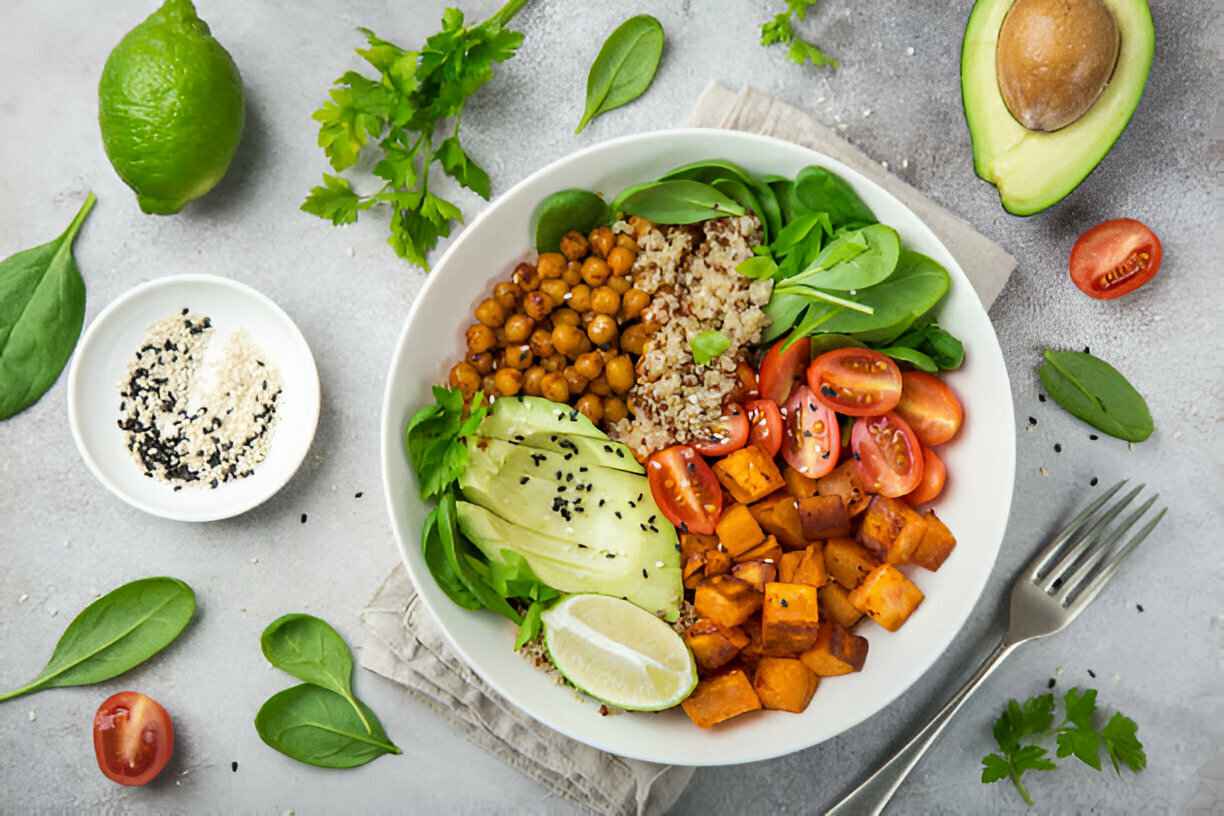
1. Sustained Energy Throughout the Day
One of the biggest changes I noticed was my energy levels. Unlike the quick spikes and crashes I got from sugary snacks, the carbs from vegetables provided steady energy. I no longer felt the need to nap between classes or rely on caffeine to stay awake. This was a game-changer for my productivity.
2. Improved Focus and Mental Clarity
As a college student, focus is everything. I found that my ability to concentrate improved significantly after switching to a high-carb vegetables diet. Complex carbs are known to support brain function by providing a steady supply of glucose, the brain’s primary fuel source. I was able to study more effectively and retain information better.
3. Better Digestion and Gut Health
High-carb vegetables are also rich in fiber, which did wonders for my digestion. I no longer felt bloated or sluggish after meals, and my gut health improved. This might sound like a small thing, but when you’re sitting through long lectures or exams, feeling comfortable in your own body makes a huge difference.
4. Budget-Friendly and Easy to Prepare
Contrary to what I initially thought, eating a high-carb vegetables diet didn’t break the bank. Vegetables like potatoes, carrots, and beans are affordable and versatile. I learned to meal prep on Sundays, which saved me time and money during the week. Plus, cooking became a fun and creative outlet for me.
5. Weight Management Without Deprivation
I wasn’t trying to lose weight, but I did notice that my body composition improved. I felt leaner and more energized without feeling deprived. The high-carb vegetables kept me full and satisfied, so I didn’t feel the need to snack on junk food.
Challenges I Faced (and How I Overcame Them)

Of course, transitioning to a high-carb vegetables diet wasn’t without its challenges. Here are a few hurdles I faced and how I tackled them:
1. Time Management
As a busy college student, finding time to cook was tough. To overcome this, I started meal prepping. Every Sunday, I’d spend an hour or two cooking large batches of roasted vegetables, quinoa, and soups. This made it easy to grab a healthy meal even on my busiest days.
2. Social Situations
Eating out with friends was tricky at first. Most college hangout spots are filled with fried and processed foods. I learned to make smarter choices, like ordering a veggie-packed salad or a baked potato instead of fries. Over time, my friends even started joining me in trying healthier options.
3. Cravings
I won’t lie—I still craved pizza and chocolate occasionally. Instead of depriving myself, I allowed for moderation. I’d enjoy a slice of pizza with a side of roasted veggies or have a small piece of dark chocolate after dinner. This balance kept me from feeling restricted.
My Go-To High-Carb Vegetables and Meals
Here are some of my favorite high-carb vegetables and how I incorporated them into my diet:
Sweet Potatoes
Roasted sweet potato fries
Mashed sweet potatoes with a sprinkle of cinnamon
Sweet potato toast topped with avocado
Corn
Grilled corn on the cob
Corn and black bean salad
Corn chowder
Carrots
Roasted carrot sticks with hummus
Carrot and ginger soup
Shredded carrots in stir-fries
Peas
Pea and mint soup
Peas mixed into rice or pasta dishes
Pea and avocado spread for sandwiches
Leafy Greens (Spinach, Kale)
Green smoothies with banana and almond milk
Sautéed greens with garlic and olive oil
Kale chips for a crunchy snack
The Science Behind High-Carb Vegetables
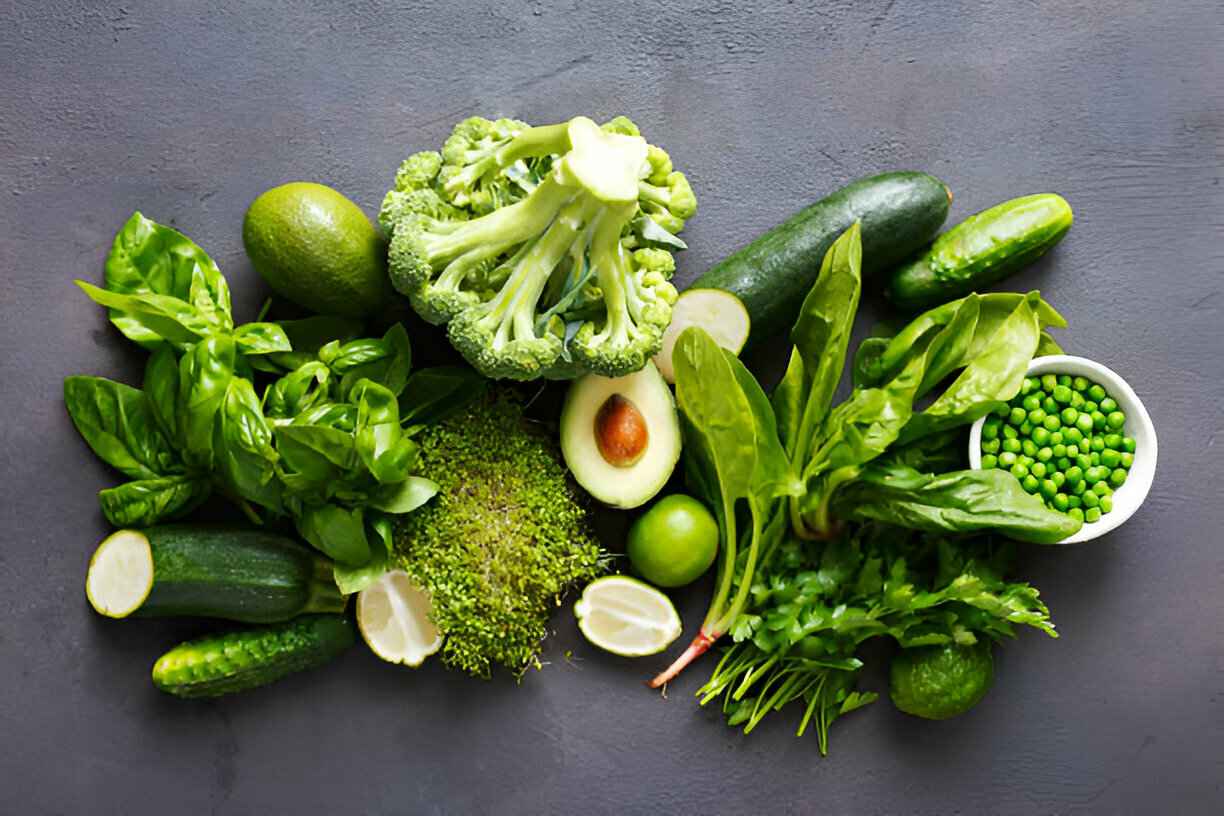
If you’re skeptical about a high-carb vegetables diet, let me share some facts that convinced me:
Complex Carbs vs. Simple Carbs: Unlike simple carbs found in sugary snacks, complex carbs in vegetables are digested slowly, providing a steady release of energy.
Nutrient Density: High-carb vegetables are packed with essential vitamins, minerals, and antioxidants that support overall health.
Fiber Content: The fiber in these vegetables promotes gut health, aids digestion, and helps regulate blood sugar levels.
Low in Fat and Calories: Most high-carb vegetables are low in fat and calories, making them a great choice for weight management.
Tips for College Students Interested in Trying This Diet
If you’re a college student considering a high-carb vegetables diet, here are some tips to get started:
Start Small: You don’t have to overhaul your diet overnight. Start by adding one high-carb vegetable to each meal.
Meal Prep: Dedicate a few hours each week to meal prep. It’ll save you time and ensure you always have healthy options on hand.
Experiment with Recipes: Eating vegetables doesn’t have to be boring. Try new recipes and flavors to keep things exciting.
Stay Balanced: While high-carb vegetables are great, make sure to include protein and healthy fats in your diet for a well-rounded approach.
Listen to Your Body: Everyone’s nutritional needs are different. Pay attention to how your body responds and adjust accordingly.
Final Thoughts
Switching to a high-carb vegetables diet was one of the best decisions I made in college. It not only improved my physical health but also boosted my mental clarity, energy, and overall well-being. As a college student, it’s easy to neglect your diet, but I’ve learned that what you eat directly impacts your ability to succeed academically and personally.
If you’re feeling stuck in a cycle of unhealthy eating, I encourage you to give this approach a try. It might just transform your life, too. After all, college is about growth—both in and out of the classroom. And for me, that growth started with a simple sweet potato.
Latest Blog
Best Keto Recipes, Easy Low-Carb Meals, Snacks & Desserts
Welcome to Your Ketosis Trip!Beginning the ketogenic diet might first seem too much. You might be wondering, "what can i really eat?" or "will I be stuck eating salads daily?" Relax : the keto diet need not to be tedious or difficult. Actually, with a few basics and some innovative recipes, you can have delectable, filling meals that help you stay on track. From comforting breakfasts to delicious dinners, quick snacks and gu...
Amino Acids Benefits in Skincare, Haircare and Muscle Growth
Amino Acids play important roles in promoting the health of skincare, haircare and muscle buildup by aiding in repair, growth, hydration and many more factors to your overall health. They often touted for everything, from boosting metabolism and supporting mood to improve skin collagen and muscle growth. But what amino acids really are, and do we get enough of them from food alo...
Can High Carb Vegetables Fit into a Healthy Diet for Women?
When you think about healthy eating, the term "high carb" might not be the first thing that comes to mind. In fact, you might associate high-carb foods with weight gain or unhealthy eating habits. But what if we told you that high-carb vegetables can actually be a valuable part of a balanced diet, especially for women? Yes, you read that right! High-carb vegetables like sweet potatoes, corn, and peas can offer a wealth of nutrients that suppor...

